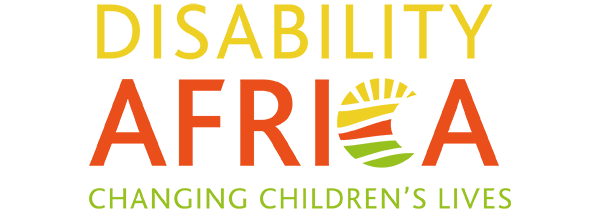Disability Africa’s Combined Model for Inclusive Community Development
Our Template
We have been working since 2011 to develop a model solution for inclusive development which is proven, resilient and replicable across different contexts.
Many development organisations choose between advocacy and service delivery; between promoting people’s rights and giving them practical help. Disability Africa recognises that the only way to sustainably improve outcomes for disabled children and young people is to do both. Using playschemes as an entry point, we offer practical, tangible and consistent support to disabled children, whilst also empowering and training advocates throughout the community.
Our template for tackling exclusion of disabled children involves three steps:
ONE… We work to RAISE AWARENESS with local people and organisations to tackle the negative beliefs that cause exclusion. Our Project Partners work to tackle negative bias towards disabled people and mobilize sustainable local support and enthusiasm for our Inclusion Projects.
TWO… We DELIVER SERVICES at our ‘Inclusion Projects’ – which are simple, affordable, locally-run Playschemes where disabled children can have fun, make friends and enjoy being a child. Our Playschemes are hubs for the delivery of vital educational, medical and parent support services, ensuring that disabled young people and their families are seen and supported.
THREE… We SUSTAIN, REPLICATE AND GROW our inclusion projects. Our Playschemes are designed to be replicable across any context. They are simple, cost effective and easy to run without specialized expertise. First, we empower and support our Project Leadership Teams to run projects independently for long-term success. Then, we work to develop new playschemes accross the continent and support partner NGO’s to embed inclusive play into their delivery.
Click on the image below to find out HOW and WHY our template works.



Disability Africa’s Combined Model for Inclusive Community Development



